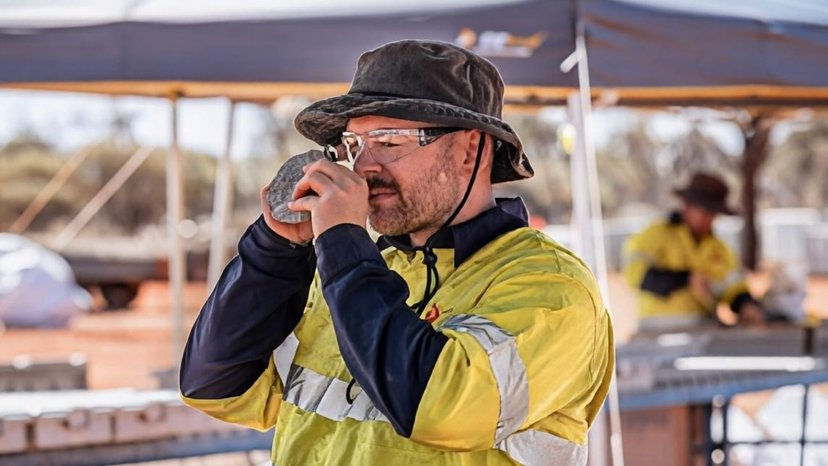Southern Hemisphere hits major manganese milestone in Chile
- Michael Philipps

- May 3, 2023
- 2 min read
Updated: Apr 17, 2024

Southern Hemisphere Mining has unveiled an independently-assessed JORC-compliant mineral resource upgrade of more than 27 per cent at its Los Pumas battery metal-manganese project in northern Chile.
Independent consultants Global Commodity Solutions has estimated the new resource at 30.26 million tonnes of ore at a grade of 6.24 per cent manganese and 5.74 per cent aluminium.
The upgrade represents a 27.5 per cent increase in total ore, with more than 23 million tonnes in the indicated category and nearly 7 million tonnes reported as inferred. The new resource also includes 2.84 per cent iron oxide and 2.95 per cent potassium.
A total of 519 drill holes were used to define the upgrade across 14,855m. It includes 32 diamond drill holes for 652m and 487 RC drill holes for 14,203m.
The company says manganese mineralisation at Los Pumas is divided into north and south targets, with mineralisation outcrops from surface in most cases extending up to a maximum depth of 50m below surface.
Management announced in March that it was looking at entering into the booming electric vehicle market after its initial leach amenability testwork declared ore from Los Pumas was suitable for batteries.
The company is now optimistic that results from the first stage of its ore testwork could now lead it to the high-purity manganese sulphate monohydrate (HPMSM) used, together with other minerals such as lithium, nickel and cobalt, in the cathode structure of lithium-ion batteries.
The tested ore achieved about 99 per cent extraction of manganese under “standard” leach conditions and produced a solution containing 80 grams per litre manganese.
Southern Hemisphere engaged Perth-based technical specialists Mn Energy to conduct the preliminary testwork. Mn Energy has already designed a patent-pending leach-purification method for manufacturing HPMSM from previously uneconomical low-grade manganese ore.
In addition to its latest higher-grade mineral resource, a 2010 ASX announcement by former owners Coffey Mining showed a large, low-grade indicated and inferred resource of 264 million tonnes at 2.4 per cent manganese.
Manganese has traditionally been used in the production of steel, specialty alloys and aluminium products. But the metal is now finding increasing use in the battery market sector, with Tesla and Volkswagen producing a new battery with a higher proportion of manganese and no cobalt.
As the world spears towards electrification of the global vehicle fleet, commodity researchers CPM Group forecasts demand for manganese is set to grow tenfold by 2030 to 3.1 million tonnes per annum.
Southern Hemisphere says end-product HPMSM can be more effectively transported, meaning the battery-metals explorer is now looking at a lower capital expenditure as the new process has six fewer steps to build into a future plant.
Los Pumas is just a stone’s throw from the rail line that runs from La Paz in neighbouring Bolivia to the port city of Arica, just 175km away. In a strategic boost, it provides an easy export route to electric vehicle production facilities in the United States.
Is your ASX-listed company doing something interesting? Contact: office@bullsnbears.com.au


